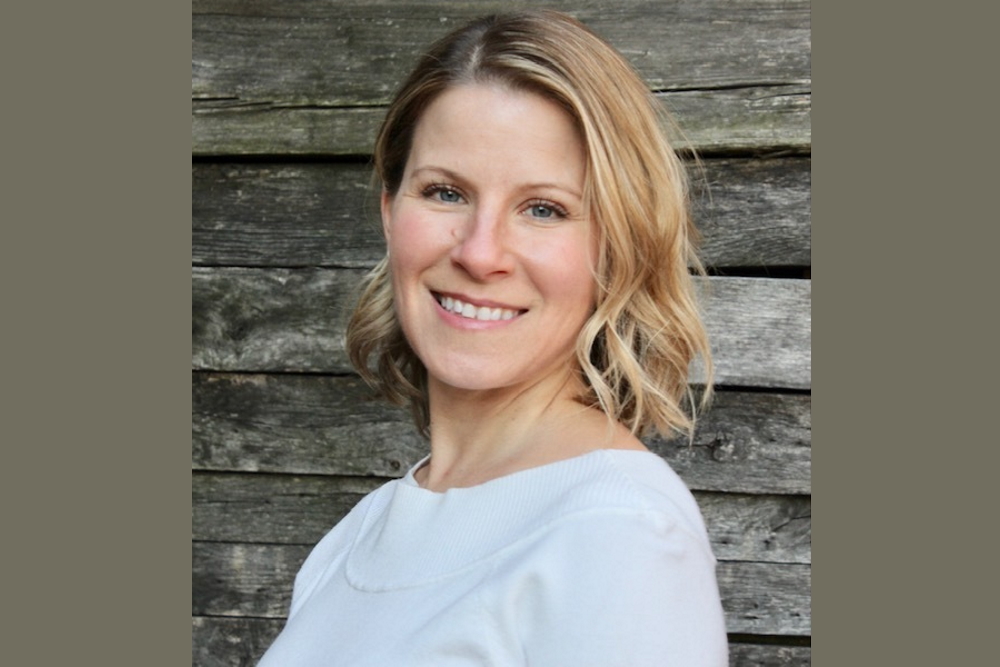Psychotherapist Beth Tyson specializes in helping children who are living with relatives who are not their parents, most often grandparents. Often, this is due to a traumatic event such as the death of a parent, or a parent’s inability to care for their child due to substance abuse or incarceration. She works with individual families and is also a consultant to social service organizations.
After losing her own mother at a relatively young age, Tyson found her calling helping families that have experienced trauma and loss. She spoke with Youth Today about the enduring stigma around kinship care and practical steps families can take to rebuild trust and connection.
The interview
What influenced your career choice?
I lost my mother suddenly when I was 26. That was a wake up call to choose a career that was more necessary. I went back to school and got my master’s in counseling. My first work was with kids who were in and out of foster care. My role was to help stabilize families, coaching parents so they could respond with empathy instead of punishment. I found it very rewarding.
What changes or trends about kinship families have surprised you since you started working with them?
An increasing diversity in grandchildren and grandparents who have experienced trauma. A growing awareness [that trauma] leads to mental health problems and behavioral challenges.
How can educators, social workers, and other professionals who work with children in kinship families better help them?
With childhood trauma, the root of the problem is that the child’s sense of trust and safety in the world around them has been damaged. To begin to rebuild that trust, the most effective way is by being honest with the children, telling them the truth about their parents. Be very consistent in your behavior toward the child. Prioritize structure, routine, boundaries. Help the child feel like things are more predictable and routine.
What advice do you give relatives who have to step in for children’s absent parents?
There’s often a honeymoon stage when children are first removed from their parents. They can be overly compliant, hiding their true emotions. Then their true emotions come out. Remember a child who can show her rage is not someone who thinks you are an easy target. She thinks you are someone who won’t abandon her. One tool is to spend 10 minutes a day not giving the child any directions or corrections, just being a calm presence, watching them play. You’re giving them your full attention without wanting anything in return. Doing this increases bonding and attachment.
What are the biggest misconceptions about kinship families?
Grandparents feel shameful and judged, that they did something wrong as parents. Friends or other relatives may tell them, ‘If you had raised your own child better, you wouldn’t have to be caring for your grandchild.’ So there is a stigma. Instead, grandparents should be celebrated because they saved the life of a child who would otherwise have to be in foster care. The grandparents are suffering just as much as their grandkids. They’ve lost the relationship with their adult child, or witnessed them being addicted or going to prison. Trauma is intergenerational and the grandparents are breaking that cycle.
How do children and teens most often react when they are suddenly in a kinship family?
The three most common reactions are anger, anxiety/fear/panic, and shutting down/withdrawal. A fourth reaction is fawning. The child is overly compliant so as not to upset anyone. These children appear to be well-behaved, but they are afraid to rock the boat, to show their true emotions.
Why do children in kinship families push away relatives who are trying to help them?
Their sense of trust has been broken and their needs unmet. They have learned that relationships with adults are unsafe and threatening. Getting close to adults can make them feel that their lives are threatened. So not receiving care and love from relatives is [a way of] protecting themselves. If their biological parents rejected them, then their relatives could, too. It takes consistency over time to build trust. If the child has been in a home with a lot of conflict and trauma, that becomes a learned behavior. If the child then is in a safe and loving home, that is unfamiliar and scary.
The details
Residence: Philadelphia area
Education: Bachelor of Arts in communications and psychology, Shippensburg State University; Master of Arts in clinical counseling, Eastern University; certificate in adoption issues, Rutgers University
Hobbies: drawing, painting, skiing, spending time with my daughter
Published books: “A Grandfamily for Sullivan: Coping Skills for Kinship Care Families”
Last book read for fun: “Where the Crawdads Sing” by Delia Owens
Resources you recommend: “Grandparents Raising Grandchildren” from HelpGuide.org; “Grandparents as Parents: a Survival Guide to Raising a Second Family” by Sylvie Toledo
***
Margaret Buranen is a freelance writer in Lexington, Kentucky covering environment and human interest stories.






























